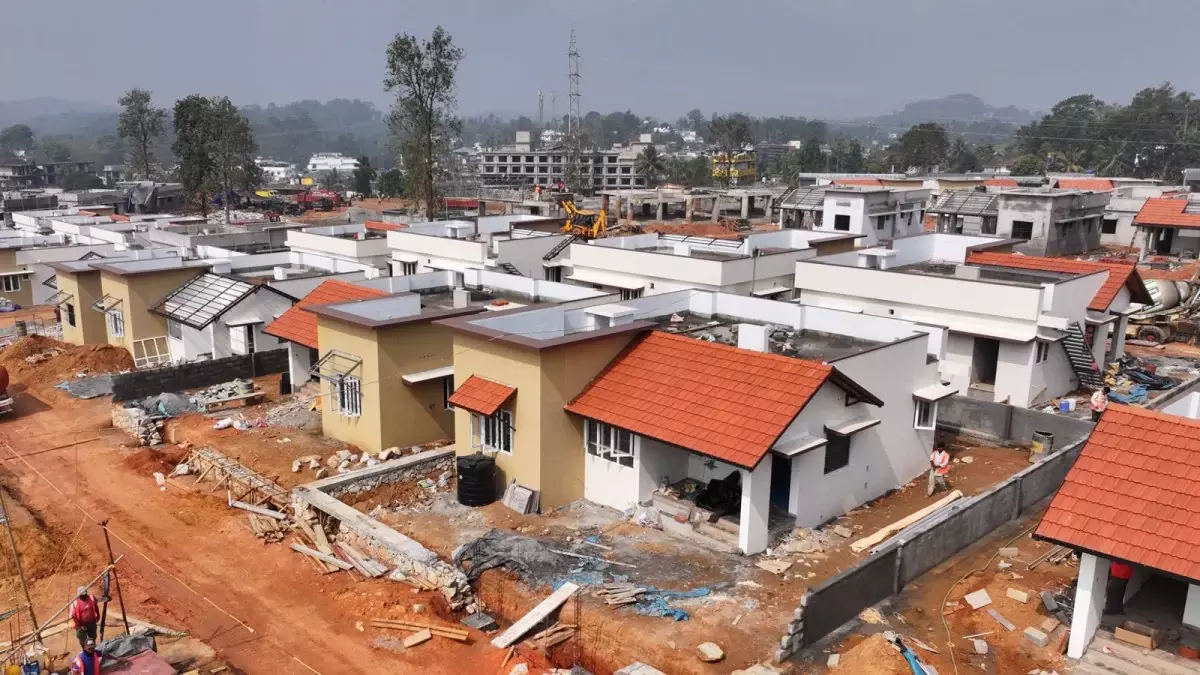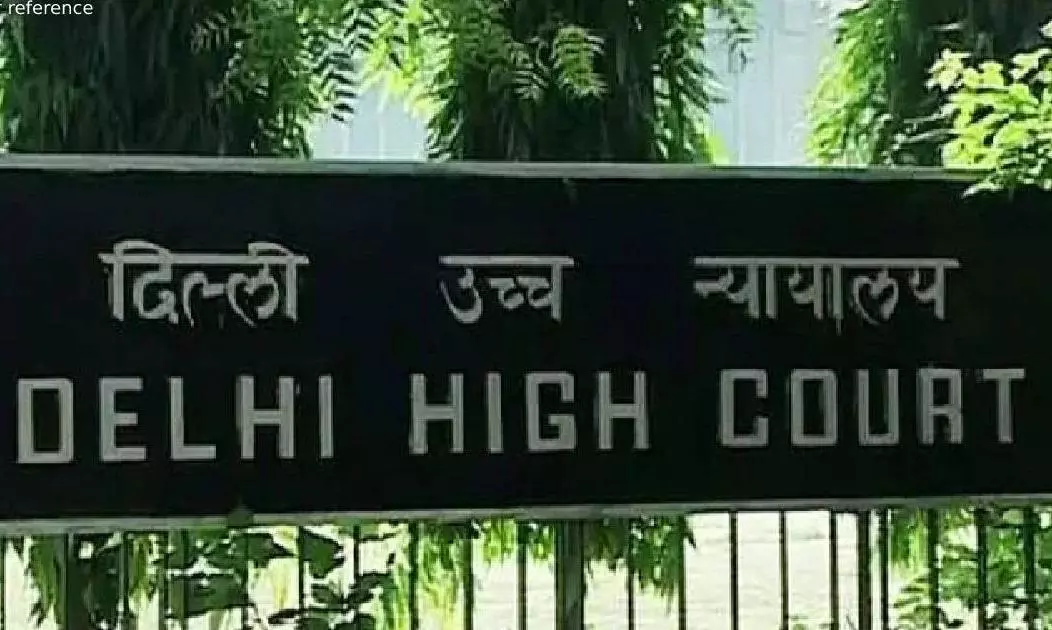
If estranged spouse has earning capacity, no reason to sit idle: Delhi HC
text_fieldsNew Delhi: The Delhi High Court emphasised the responsibility of a spouse with earning potential to contribute rather than burden the partner with sole financial support, while adjudicating a case under the Hindu Marriage Act (HMA).
It reduced the monthly maintenance from Rs 30,000 to Rs 21,000 to be paid by a man to his estranged wife.
Highlighting the spouse's responsibility, the High Court remarked that a partner possessing reasonable earning capabilities who chooses idleness without valid explanation should not impose one-sided financial responsibility on the other.
The court's observation came as the woman claimed no independent income despite being a graduate from Delhi University and engaging in voluntary social work without pursuing employment that can bring in salary.
The bench, comprising Justices V Kameswar Rao and Anoop Kumar Mendiratta, stressed that maintenance during legal proceedings aims to support the financially weaker spouse, ensuring they do not suffer due to income limitations.
They underscored the gender-neutral provision for maintenance under the HMA, highlighting Sections 24 and 25 that govern the rights and obligations arising from marriage.
The case involved an appeal by the man contesting a trial court's order mandating a Rs 30,000 monthly maintenance and litigation expenses of Rs 51,000 to his estranged wife. He argued that despite his Rs 47,000 in-hand salary and familial obligations, paying Rs 30,000 was unfeasible.
He asserted the woman earned Rs 25,000 monthly from a hospital job, which she refuted, claiming she was an unsalaried social worker.
The couple, married in 2018, separated in July 2020 due to differences. The court considered the man's net salary of Rs 56,492, noting the absence of evidence that deductions commenced post-litigation to avoid maintenance.
Acknowledging the man's familial responsibilities, the High Court reduced the maintenance to Rs 21,000 per month until the trial court's final decision.
It also accounted for inflation, augmenting the maintenance by Rs 1,500 per month annually till the case's resolution. The court directed compliance with the family court's order for payment of arrears or litigation expenses.























